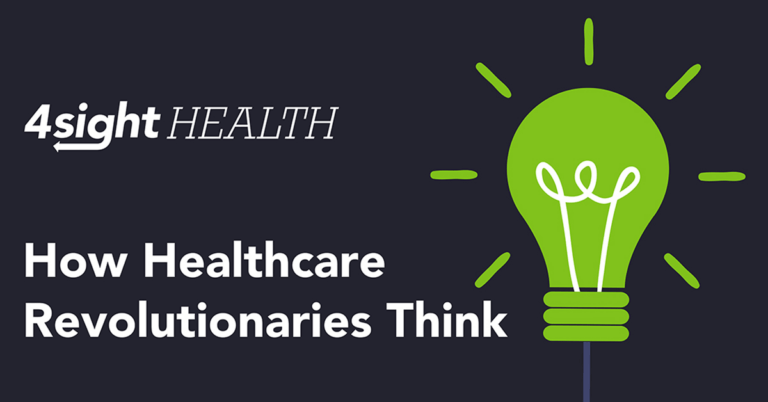February 22, 2022

It’s The Payment Models, Stupid! Part 2: Taking It to the States
On February 9th and 10th, Health Affairs published a two-part article by Zeke Emanuel, Merrill Goozner, Matt Guido and me on Maryland’s unique payment model and its potential applicability to other states. (Part 1, Part 2) Last week, my Dispatch highlighted in Part 1 of our article, which explores the success of Maryland’s unique payment model in driving better healthcare outcomes at lower relative costs.
The titles of last week’s and this week’s Dispatches play on a widely read and influential “Health Affairs” commentary from 2003 with the eye-popping title, “It’s the Prices, Stupid!” The title of Part 2 of our Health Affairs article is “Meaningful Value-Based Payment Reform: Expanding The Maryland Model To Other States.”
In the article, we discuss strategies for expanding the use of Maryland-like payment model. We think it’s time for the Center for Medicare and Medicaid Innovation (CMMI) to take the Maryland model to other states.
In making this recommendation, we argue that to succeed, payment reform must be:
- Big — think statewide
- Mandatory — all providers must participate
- Comprehensive — incorporating broad service provision to minimize gaming
- Administratively simple — to ease implementation
- Long-term — at least five to seven years
Under its current waiver from CMMI, Maryland applies uniform pricing within global budgets for all hospital and non-hospital expenditures. Providers retain a portion of their unspent allocation, so there are no financial incentives for overtreatment and significant financial incentives to reduce the number of acute episodes.
Maryland’s payment model is the only payment reform undertaken by CMMI to date that meets all the criteria for success listed above. Replicating Maryland’s approach to payment reform in a few other states would stress-test the model under different market and provider environments. This would give CMMI sufficient data to determine if the Maryland model could become a prototype for nationwide reform.
When stuck in a ditch, the first thing to do is stop digging. For healthcare, this requires weaning providers off fee-for-service medicine and the perverse incentives it creates to over- and undertreat patients. This cannot happen overnight. Giving incumbents time to adapt incrementally to value-based care delivery is also prerequisite for success.
American healthcare is broken. Fixing it isn’t impossible, but it requires comprehensive payment reform that promotes health and rewards value-based care delivery. Our message is clear. The U.S. will not change the way it delivers healthcare until it changes the way it pays for healthcare. Expanding the Maryland model to other states would represent a gigantic leap forward in advancing value-based payment reform. Read about it in Health Affairs here!
Read Part 2, Meaningful Value-Based Payment Reform, Part 2
 Read all dispatches from Dave Johnson here.
Read all dispatches from Dave Johnson here.





